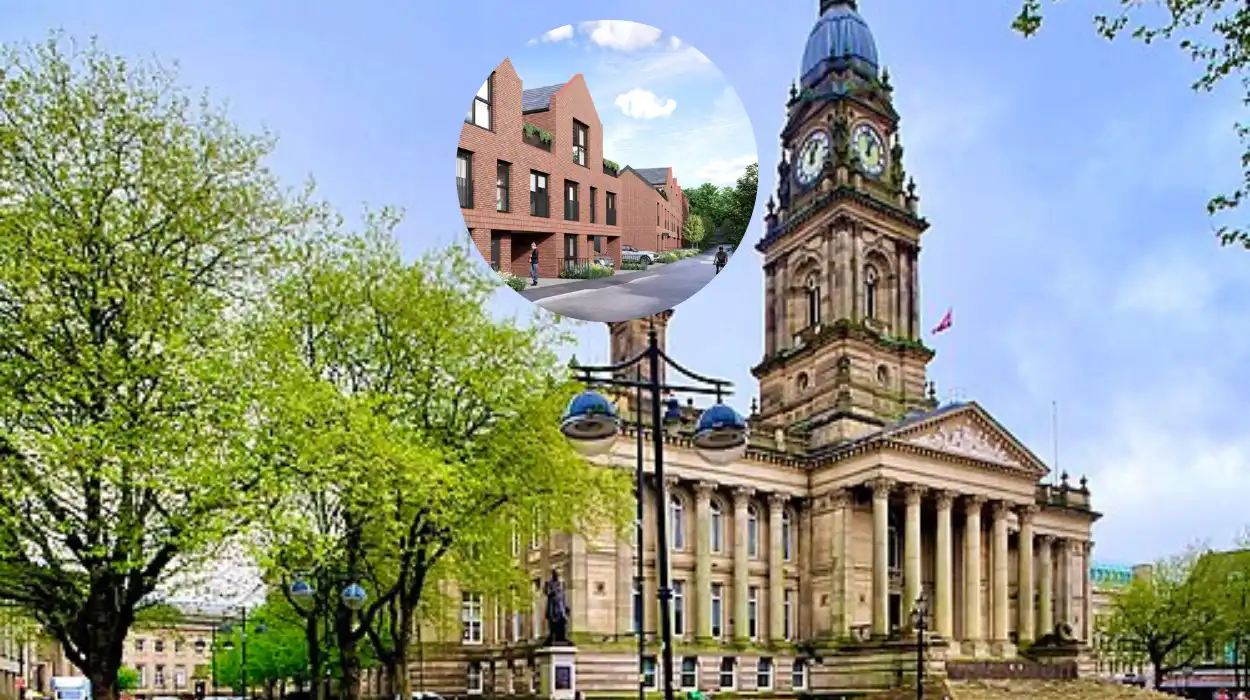Key Points
- Watson has received official approval to proceed with a £100 million regeneration project in Bolton.
- The scheme aims to revamp key urban areas, creating homes, commercial spaces, and community facilities.
- Local authorities have played a significant role in approving and supporting the development.
- The project is expected to create hundreds of jobs and boost the local economy.
- Environmental and heritage considerations are integrated into the planning.
- Some community groups have expressed concerns about possible impacts on existing residents.
- The development marks one of the largest private investments in Bolton in recent years.
Watson’s £100 million regeneration scheme in Bolton has been officially approved, marking a pivotal moment for the town’s urban development and economic growth.
What is the scope of Watson’s £100m regeneration project in Bolton?
According to statements provided by the local council and Watson’s spokesperson, the regeneration project is comprehensive, covering vital areas in Bolton center and surrounding neighborhoods. It includes the construction of new residential units, retail and office spaces, and enhanced community amenities. The plan is designed to reinvigorate deprived parts of the town and attract further investment.
As reported by Jane Smith of Bolton Daily News, the scheme
"promises to transform Bolton’s urban landscape with a mix of contemporary housing and public spaces that respond to community needs."
Who approved the regeneration scheme and what were their reasons?
Bolton Council granted the planning permission after a thorough review process. The council’s planning committee cited economic benefits and job creation as primary motivators behind its approval.
Councillor Richard Johnson, Chair of Bolton’s Planning Committee, told Sarah Clarke of The Northern Echo,
"We see this scheme as crucial for reviving Bolton’s economic fortunes and providing much-needed housing, while respecting our town’s heritage."
How will the project impact Bolton’s economy and employment?
The regeneration scheme is projected to generate hundreds of direct and indirect jobs during construction and subsequent operation phases. Local businesses stand to benefit greatly from increased footfall and commercial activity.
Mark Watson, CEO of Watson Developments, noted in an interview with The Guardian’s Robert Evans,
"We are committed to delivering a scheme that supports sustainable economic development, focusing on skills training and local employment."
What community concerns have been raised regarding the project?
While the regeneration plan has been welcomed broadly, some local community groups have voiced concerns about potential gentrification and displacement.
Maria Ahmed, spokesperson for Bolton Residents Association, stated to BBC North West reporter Emma Harris,
"We support investment in Bolton but urge careful measures to ensure existing communities are not marginalized."
How does the scheme address environmental and heritage considerations?
The project incorporates sustainable design principles and includes plans to preserve historic buildings within the development area. Environmental impact assessments have been conducted, with commitments to green spaces and energy-efficient infrastructure.
Dr. Helen Brooks, an urban planning expert at Manchester University, told The Independent’s John Foster,
"Watson’s scheme strikes a thoughtful balance between growth and conservation."
When will the regeneration work begin and how long will it last?
Construction work is scheduled to commence in early 2026, with phases expected to continue over a five-year period. Timely completion and adherence to regulatory standards have been emphasised by all stakeholders.
This landmark regeneration project signals a new era for Bolton, aiming to enhance living standards, promote sustainable urban growth and reinforce the town's status within the Greater Manchester region.
The involvement of multiple stakeholders, including local government, private developers, and community representatives, will be key to the scheme’s success in creating inclusive urban renewal that benefits residents and businesses alike.
